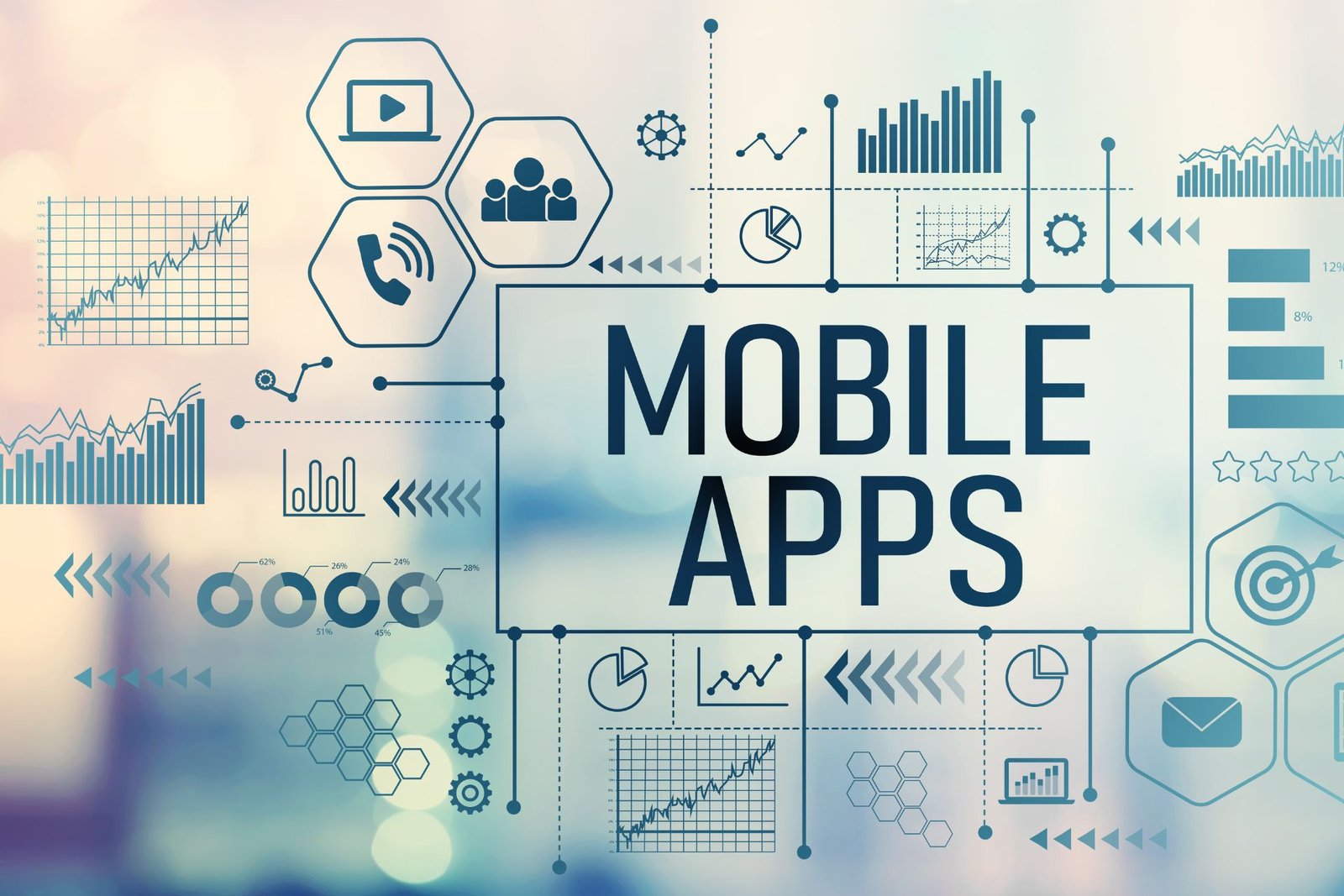Mobile App Development: Transforming Ideas into Portable Reality
In an age where smartphones have become an extension of ourselves, mobile apps are the magic that brings these devices to life. Mobile app development is the art of turning creative ideas into user-friendly applications that fit in your pocket. In this article, we’ll dive deep into the world of mobile app development, exploring the process, technologies, and the impact it has on our daily lives.
The Mobile Revolution
Mobile gadgets have effortlessly integrated themselves into the very essence of our everyday lives. They are a constant companion, and mobile apps have redefined the way we work, communicate, and play.
The Role of Mobile Apps
Mobile apps are the software applications that make smartphones incredibly useful. They serve various purposes, from productivity tools to entertainment and shopping.
Understanding Mobile App Development
What Is Mobile App Development?
The creation of software applications tailored for mobile devices is what characterizes the field of mobile app development. These applications can be pre-installed on phones during manufacturing, downloaded by customers from app stores, or accessed via web browsers.
Types of Mobile Apps
Three primary categories of mobile applications exist: native applications, web applications, and hybrid applications. Indigenous applications are tailor-made for specific operating systems, such as iOS or Android. Web apps are accessed through web browsers and require an internet connection. Hybrid applications amalgamate characteristics from both native and web-based applications.
The Mobile App Development Process

Ideation and Planning
The process begins with brainstorming ideas and meticulous planning. This phase defines the app’s purpose, target audience, and features.
Design and User Experience
Designers focus on creating a visually appealing and user-friendly interface, ensuring that users can navigate the app intuitively.
Development
Developers write the code that brings the app to life, using programming languages and frameworks suitable for the chosen platform.
Testing and Quality Assurance
Testing is a critical phase to identify and eliminate bugs and glitches. Quality assurance ensures that the app functions seamlessly and securely.
Front-End and Back-End Development

Front-End Development
Front-end developers are responsible for the part of the app that users see and interact with. They employ tools such as HTML, CSS, and JavaScript to craft the user experience.
Back-End Development
Back-end developers work on the server-side of the app, managing databases and ensuring data security and synchronization between devices.
The Importance of Synchronization
Synchronization is crucial for apps that require real-time data updates across devices, ensuring a seamless user experience.
Mobile App Development Platforms
iOS Development
iOS development targets Apple devices, including iPhones and iPads, using programming languages like Swift and Objective-C.
Android Development
Android development focuses on devices running the Android operating system, using languages like Java and Kotlin.
Cross-Platform Development
Cross-platform development allows developers to create apps that work on both iOS and Android using a single codebase. Frameworks like React Native facilitate this.
Programming Languages for Mobile Apps

Swift and Objective-C
Swift is the newer, user-friendly language for iOS development, while Objective-C is an older language still in use.
Java and Kotlin
Java was traditionally used for Android development, but Kotlin is gaining popularity due to its conciseness and safety features.
JavaScript and React Native
React Native allows developers to create cross-platform apps using JavaScript, making development more efficient.
User Interface and User Experience Design
The Art of Simplicity
Simplicity in design and navigation is vital for creating a user-friendly app.
User-Centered Design
User-centered design involves considering the needs and preferences of the end-users in every design decision.
Mobile App Testing and Quality Assurance
Types of Testing
Testing includes functional testing, usability testing, security testing, and performance testing.
The Importance of Beta Testing
Beta testing allows a select group of users to try the app and provide feedback, helping developers identify and fix issues before the official release.
App Deployment and Distribution
App Stores
Apps are distributed through platforms like the Apple App Store and Google Play Store, making them accessible to millions of users.
App Submission
Developers must follow specific guidelines and rules when submitting apps to app stores to ensure they meet quality and security standards.
Monetization Strategies

In-App Advertising
Many free apps generate revenue through in-app advertising, displaying ads to users while they use the app.
Paid Apps
Some apps are available for a one-time fee, allowing users to access all features without additional costs.
In-App Purchases
In-app purchases enable users to buy virtual goods or additional features within the app.
The Impact of Mobile Apps
Enhancing Daily Life
Mobile apps have simplified various aspects of daily life, from communication and navigation to shopping and entertainment.
Transforming Businesses
Mobile apps have revolutionized the way businesses interact with customers, manage operations, and expand their reach.
The Gaming Revolution
Gaming apps have created a global gaming community, providing endless entertainment and opportunities for game developers.
The Future of Mobile App Development
Augmented Reality (AR)
AR apps will blend digital information with the real world, offering new and exciting possibilities in gaming, education, and more.
The Role of 5G
The rollout of 5G technology will lead to faster internet speeds, opening doors to more sophisticated and data-intensive apps.
App Security
As mobile apps handle sensitive data, ensuring robust security will be an ongoing priority.
Mobile app development is at the heart of our smartphone-dependent world. It has transformed the way we work, communicate, and enjoy leisure time. With the rapid advancement of technology, mobile apps will continue to shape our lives, offering innovative solutions and entertainment.
Author







